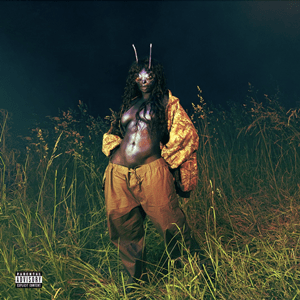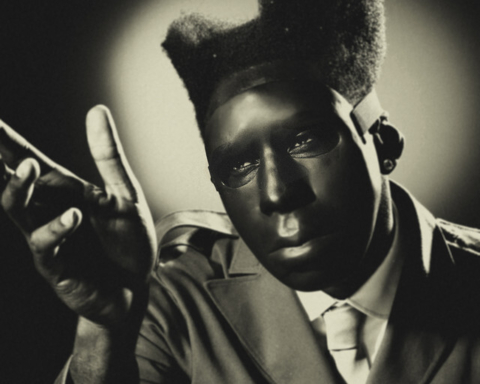JOSEPH DEBELL: OPINION EDITOR
Photo Courtesy of Wikimedia Commons
J. Cole, a sought-after rapper raised in Fayetteville, North Carolina, is known to many as an artist with lyrical prowess. Recently, Cole finds himself entangled in a web of controversy.
This time, it’s not just about a rap beef with Kendrick Lamar; it’s about a transphobic lyric.
In his latest album, “Might Delete Later,” Cole includes a track titled “Pi,” featuring Daylyt and Ab-Soul. While many listeners have been caught up in the rhythm, wordplay and beef with Lamar, others couldn’t ignore transphobia within Cole’s rhymes.
In one verse, he compares Lamar to a transgender woman who identifies as a man, using derogatory language and perpetuating harmful stereotypes.
Although Cole doesn’t directly mention Lamar on “Pi,” the attack on Lamar in another “Might Delete Later” track, “7 Minute Drill,” is obvious. Therefore, it’s safe to assume the lyrics on “Pi” are directed at Lamar.
“Is you a demon or is that demeanor for the ‘Gram? Tell us/ They plead the fifth, I’m seeing hints of a trans fella/ In cancel culture’s vicinity, he’s no killer, trust me/ Beneath his chosen identity, there is still a pussy, period,” Cole’s lyrics from “Pi.”
J. Cole is no stranger to controversy. He’s faced backlash for offensive lyrics about autism.
While J. Cole walked back his hateful lyrics about Kendrick Lamar at the 2024 Dreamville Festival, he should consider apologizing to trans people for propagating lies about a marginalized community.
People defended Cole by saying one of two things: that it was just lyrics in a song, or that Cole’s intent wasn’t malicious, that he was simply trying to offend Lamar.
However, the impact of those words goes beyond the confines of a track. When an artist as influential as J. Cole spouts transphobic rhetoric, it sends a message to his audience — especially to impressionable fans.
Many may view this as an overreaction, an attempt to censor artistic expression. This isn’t about censorship; it’s about accountability. An artist with an audience as vast as J. Cole has an opportunity to employ his voice in responsible and empowering messaging, not rhetoric meant to demean and disparage trans people.
Considering that J. Cole has publicly apologized for his autism lyrics in the past, a similar acknowledgment of the lyrics on “Pi” would be a step towards admitting mistakes and a sign of growth and maturity.
Ultimately, it’s up to J. Cole to decide how he wants to move forward. He can either double down on his words, further alienating himself from his fanbase and perpetuating harm, or take this opportunity to learn.
debell22@bonaventure.edu









